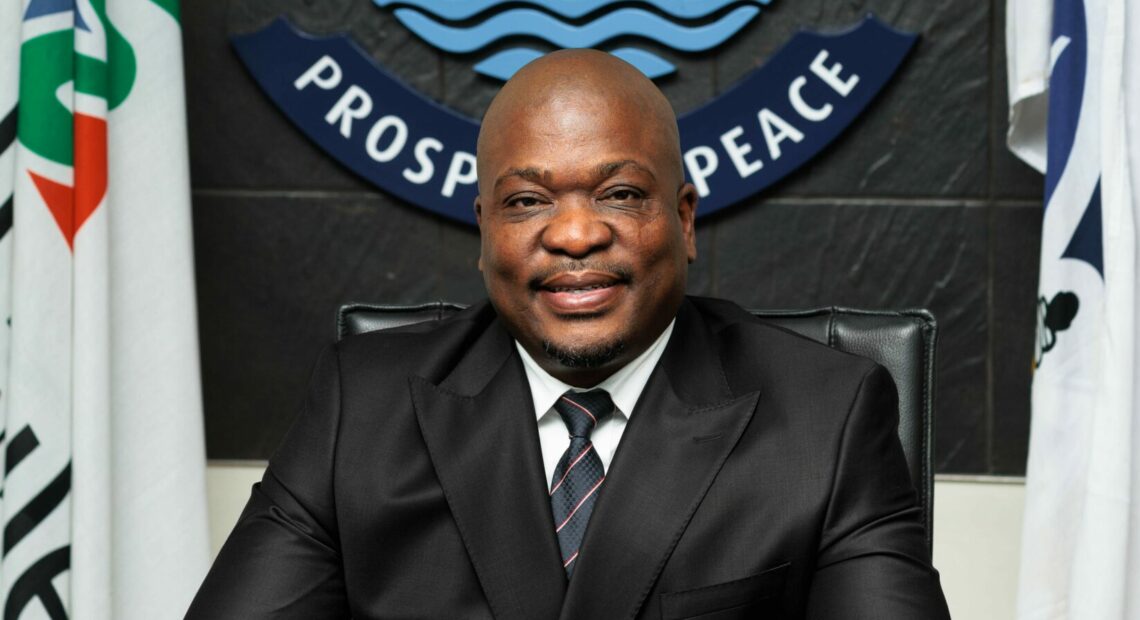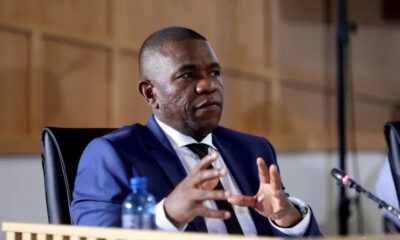News
Inside Ekurhuleni’s Missing R2 Billion: What the Mayor Revealed

For weeks, residents across Gauteng have been asking the same question: what really happened to the R2 billion that vanished from the City of Ekurhuleni’s accounts? This week, Mayor Nkosinathi Xhakaza stepped forward to explain, painting a picture of systemic mismanagement, recovery efforts, and a promise of reform.
A Problem Inherited
Xhakaza began by reminding the public that the current administration inherited the problem. According to him, the R2.1 billion shortfall stemmed from long-standing failures in the city’s energy meter management. When the responsibility was shifted abruptly to the ICT department, gaps in meter readings and billing accuracy widened. These errors snowballed into a massive loss of revenue.
Fixing the Billing Integrity
The mayor’s first priority has been restoring confidence in the system. Investment has gone into improving meter reading technology and returning the function to its rightful department. The results are already showing. Accuracy in automated meter readings has improved dramatically, now reaching 97 percent compared to 84 percent during ICT’s management. For households and businesses, this means greater assurance that they are billed fairly for the electricity they use.
Consequence Management
Xhakaza also stressed accountability. One of the most notable steps was the suspension of the city’s Chief Information Officer, who faces disciplinary action as part of consequence management. For a municipality often criticised for weak oversight, the move signals a tougher stance on internal accountability.
Chasing Down the Missing Money
While some of the money may never return, the city has begun clawing back what it can. Through a back-billing programme, R365 million has already been collected. In total, nearly R1.4 billion of the missing amount has been billed, with a further R761 million still being processed. The mayor emphasised that recovered revenue would be channelled back into service delivery, which is sorely needed across the region.
Looking Forward
To prevent another financial disaster of this scale, the council has approved a Performance Improvement Action Plan. The measures include a new service delivery agreement, restructuring for efficiency, and working alongside the National Treasury to build a more sustainable financial model. It is, in Xhakaza’s words, a forward-looking approach to ensure stability and transparency in municipal finances.
A Dark Shadow
This financial scandal has not been without tragedy. Mpho Mafole, one of the auditors tasked with investigating the missing funds, was killed. Police have confirmed that an arrest has been made in connection with the case, but the incident has cast a chilling shadow over the city’s efforts to clean up its finances.
Why It Matters to Residents
For ordinary residents, the missing R2 billion is not just a headline figure. It represents electricity bills that went astray, service delivery that was delayed, and confidence in the city’s ability to manage its resources responsibly. While recovery efforts are underway, the real test will be whether these reforms stick and whether residents feel the difference in their day-to-day lives.
Also read: Your Joburg Weekend Forecast: Sunshine, Cool Nights, and a Chance of Showers
Follow Joburg ETC on Facebook, Twitter, TikT
For more News in Johannesburg, visit joburgetc.com
Source: The Citizen
Featured Image: City of Ekurhuleni



























